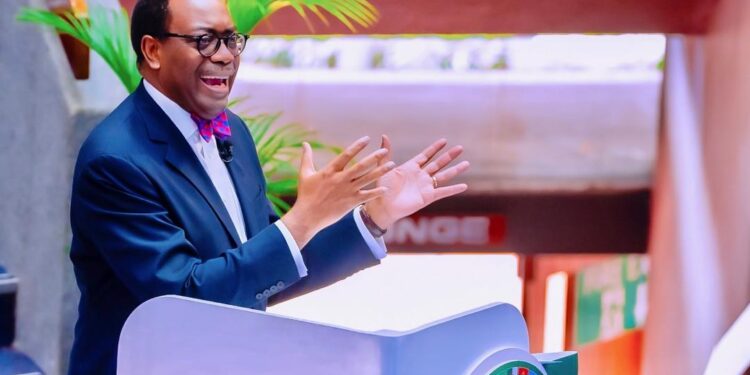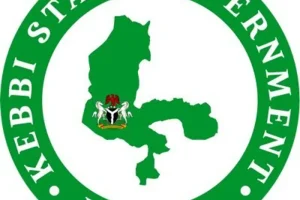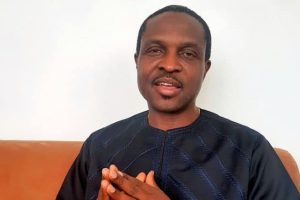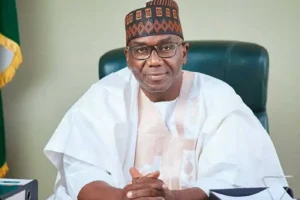
The President of the African Development Bank (AfDB), Dr. Akinwumi Adesina, has raised serious concerns about Nigeria’s economic state, revealing that the country’s GDP per capita has dropped to $824 far below the $1,847 recorded at independence in 1960.
Speaking at the 20th anniversary dinner of Chapel Hill Denham in Lagos on Thursday, Adesina said Nigeria is facing a deeper economic decline than widely acknowledged, and urgently needs a radical overhaul of its economic structure to become globally competitive by 2050.
“Today, Nigerians are worse off than they were 64 years ago,” he stated, pointing to long-standing issues such as poor policy decisions, weak institutions, heavy dependence on oil, and underinvestment in vital sectors.
Despite being Africa’s biggest economy by overall GDP, Nigeria’s economic framework remains fragile and unsustainable, he added. Adesina compared Nigeria’s situation to that of South Korea – a country that had lower GDP per capita in 1960 but now enjoys over $36,000 per person thanks to focused industrialisation.
“Nigeria has the potential to join the ranks of developed nations, but we must change our mindset and drive rapid growth,” he stressed. “Underdevelopment is not our destiny.”
He outlined five urgent reforms needed to revive the economy: universal electricity access, top-tier infrastructure, accelerated industrialisation, innovation-based growth, and competitive agriculture.
Adesina called for bold structural changes, citing the Dangote Refinery as a model for large-scale, private-led industrial projects. He urged the country to tap into its pension funds, diaspora talent, and capital markets to fund such initiatives.
He emphasized that meaningful reform will only happen with strong institutions, consistent policies, and good governance. “Without a credible reform agenda, Nigeria risks falling further behind,” he warned, insisting the country must be “deliberately shaped, developed, and corruption-free” by 2050.





